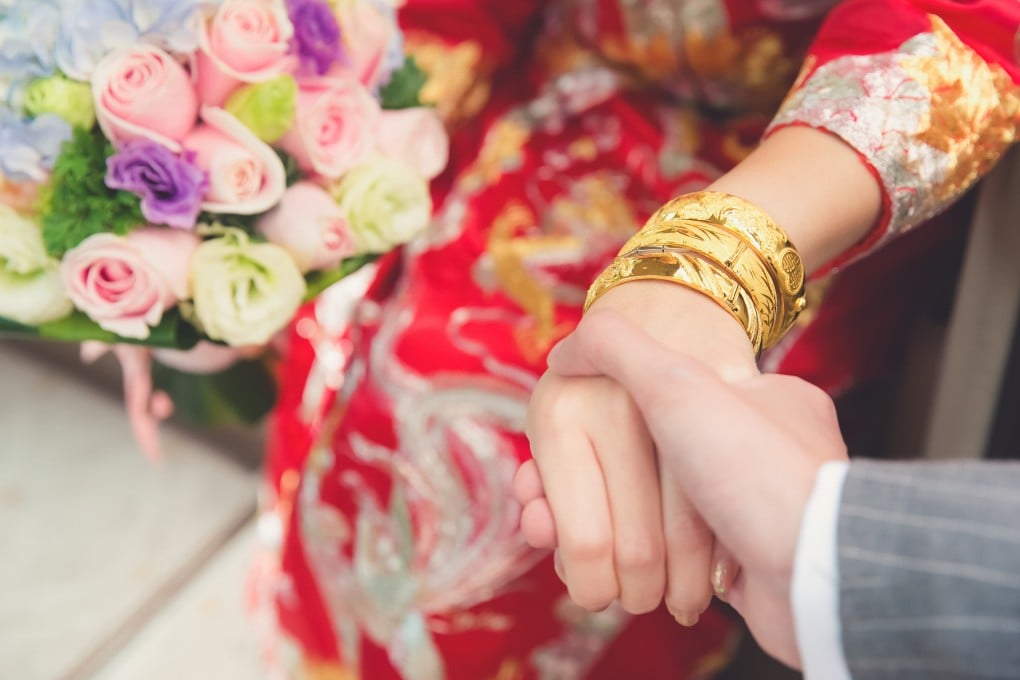Opinion | Blaming China’s women for high ‘bride prices’ is not how to promote marriage
- If Beijing really wants to encourage marriage, rather than putting pressure on women and their families to stop this admittedly problematic custom, it should address the gender inequalities that make marriage unattractive to women

In one of the most brutal murders disclosed by the Shenzhen legal authorities last year, 19-year-old Xiaomin lost her life over just 55,000 yuan (US$7,600). She was stabbed to death by her ex-fiancé Ah Jin in a dispute involving the Chinese custom of a betrothal gift, or “bride price”.
The two were engaged and Ah Jin paid Xiaomin’s mother the money, promising to get married once Xiaomin reached the legal marrying age of 20. But, after spending time with each other’s families, the young couple started bickering and soon broke up.
Ah Jin asked for the money back, but was turned down. Infuriated, he bought a knife and confronted Xiaomin at work.
The guidelines make clear that asking for money or property in the name of marriage is forbidden. In general, in cases where the two parties were married but got divorced, caili should not be given back, but it is more likely to be returned if the couple were just engaged and living together.
It also included a list of what’s not considered caili, such as birthday presents.

.jpg?itok=H5_PTCSf&v=1700020945)